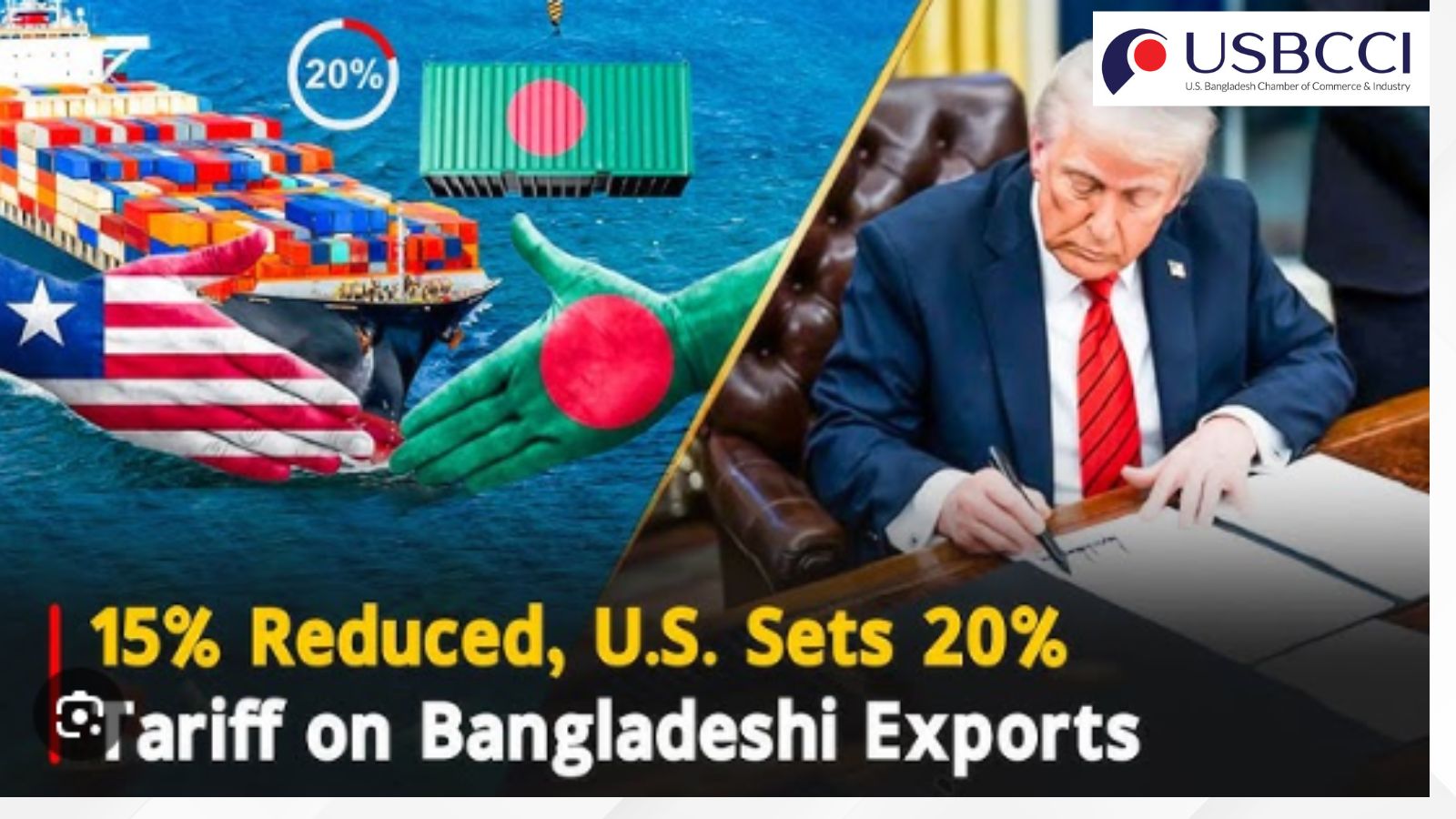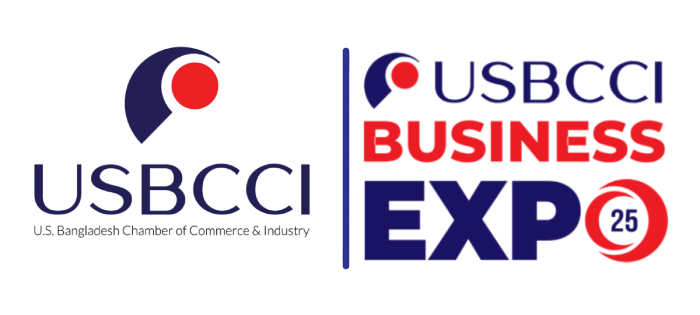Blog
Bangladesh Secures 20% U.S. Tariff for Garments, Exporters Relieved

Dhaka, October 2025 – In a significant policy development, Bangladesh has successfully negotiated a fixed 20% tariff rate for its garment exports to the United States. The move is being hailed as a relief for Bangladeshi exporters, who were facing uncertainty over fluctuating trade duties and mounting global competition.
Why It Matters
Bangladesh is the second-largest exporter of ready-made garments (RMG) in the world, and the U.S. remains its single-largest export market. The RMG sector contributes more than 80% of Bangladesh’s total exports, making tariff certainty crucial for long-term planning and sustainability.
Previously, Bangladeshi exporters were subject to varying tariff structures, often between 15%–30% depending on product categories. The new fixed 20% rate offers a predictable framework, helping manufacturers stabilize costs, streamline supply chains, and assure U.S. buyers of consistent pricing.
Exporters Express Relief
Industry leaders and trade associations welcomed the decision:
-
Exporters noted that the fixed tariff removes the unpredictability that often complicated negotiations with U.S. retailers.
-
Small and medium-sized factories are expected to benefit most, as they can now offer more competitive pricing in comparison with rivals from Vietnam, Cambodia, and Mexico.
-
Many see this as a boost to investor confidence, particularly in the lead-up to the holiday season, when demand for Bangladeshi apparel typically peaks.
Implications for U.S.–Bangladesh Trade
-
The agreement is expected to increase Bangladesh’s garment exports to the U.S., potentially narrowing the trade gap between the two nations.
-
U.S. buyers will likely enjoy stable pricing in a volatile global market where raw material costs continue to fluctuate.
-
This development may also strengthen diplomatic and economic ties, encouraging further collaboration in sectors beyond textiles, such as IT services, leather, and pharmaceuticals.
Looking Ahead
While the tariff decision is a positive step, industry experts caution that Bangladesh must continue investing in sustainability, compliance, and product diversification to remain competitive. With growing global emphasis on green manufacturing and ethical sourcing, exporters see this tariff relief as an opportunity to upgrade standards and secure long-term U.S. partnerships.








